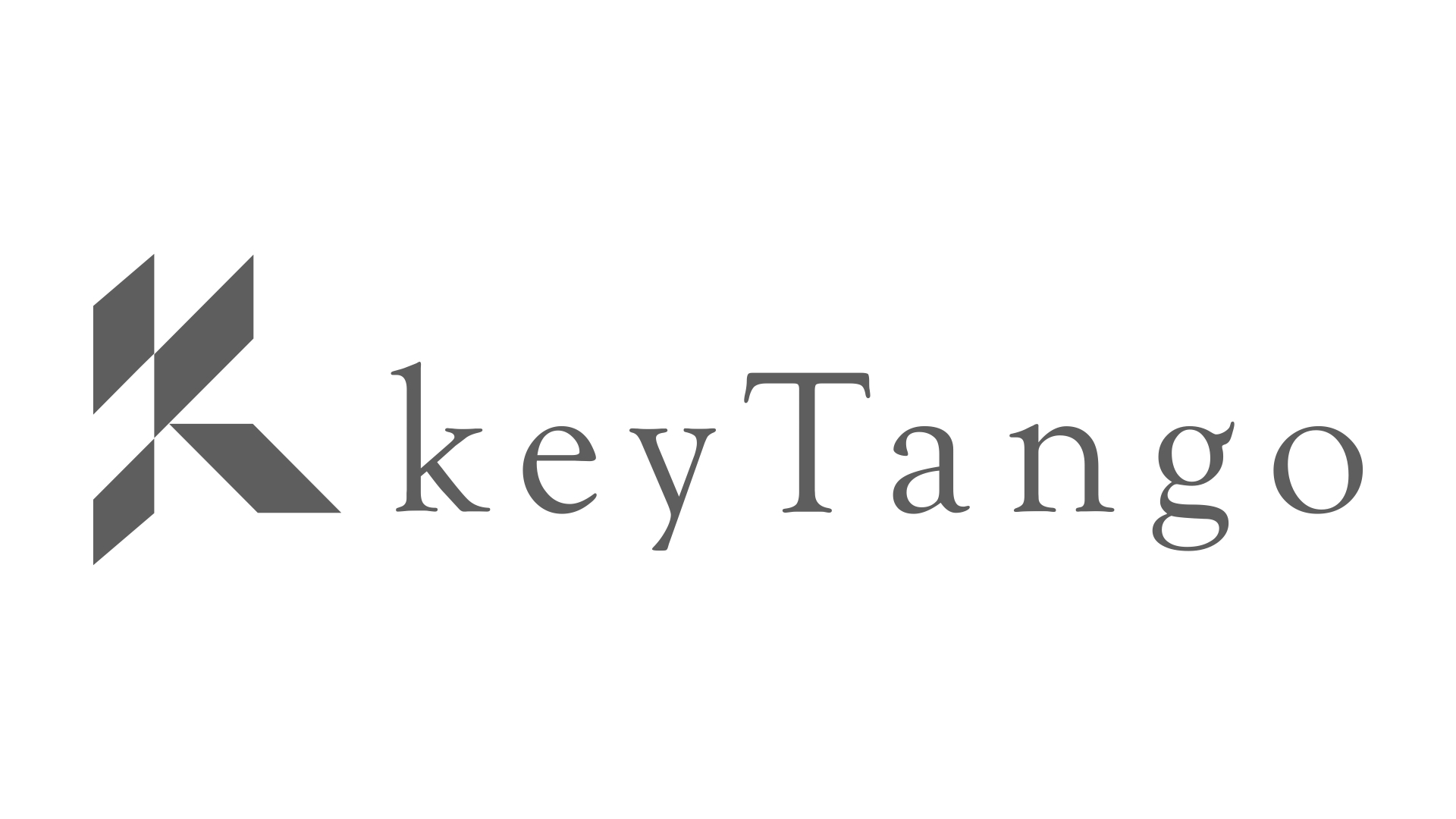Traditionally, a market maker is a firm or individual who actively quotes two-sided markets in a security or tradable financial instrument. Market makers provide bids (buys) and offers (sells) along with the market size of each. This way, traders have a clear indication of the size and direction in which they can execute a transaction. The most common type of market maker is a brokerage house that provides liquidity to customers. However, DeFi allows any investor to facilitate market-making using smart contracts without a central “institution”.
AMM’s are one of DeFi’s answers to traditional, centralized finance market-making. AMM’s are the transacting mechanism that live within liquidity pools. AMM’s are designed to algorithmically adjust prices of a token pair in a liquidity pool, based on the demand for one or the other token. Price adjustments reflect a goal of keeping the ratio of any token trading pair in a liquidity pool at 50:50.









